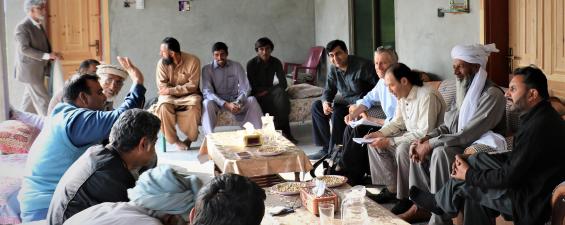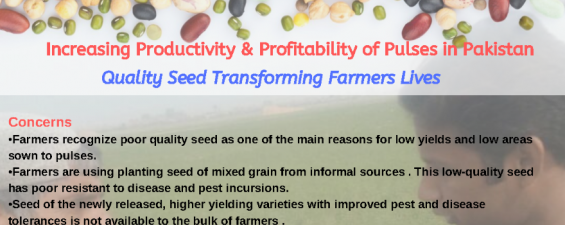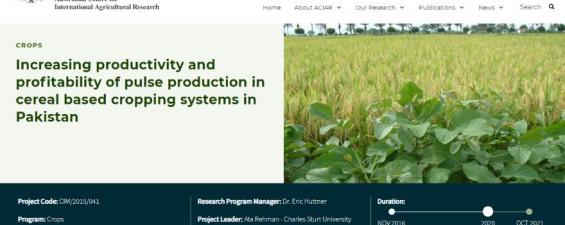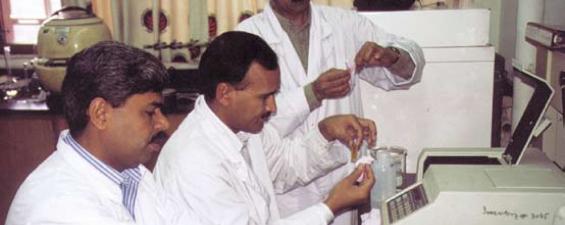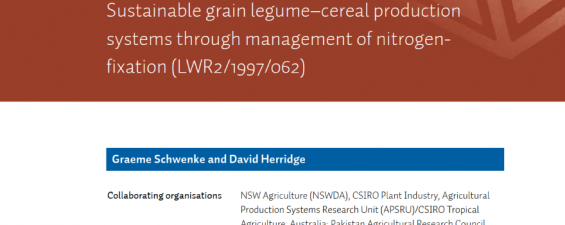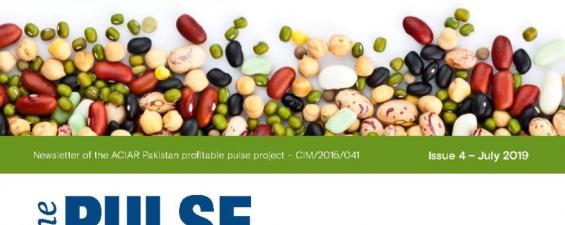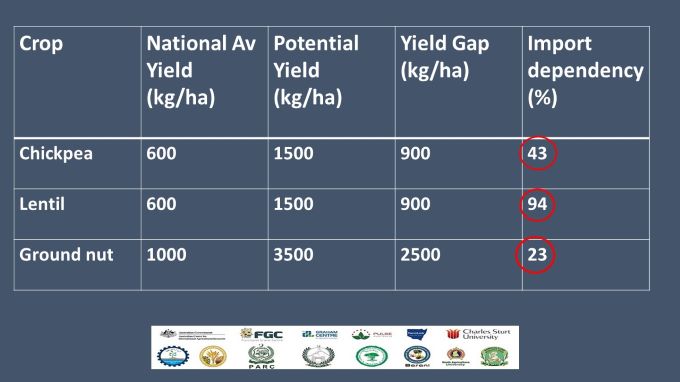
This project is using a participatory research strategy where project farmers are core participants in the research activities at six locations in Punjab, Sindh, KPK and Baluchistan. The aim is to identify the barriers they face in producing profitable crops of chickpea, lentil and groundnut. Through Groups for Collaborative Research (GCR), the project team supports farmers to develop solutions through experiential learnings.
Background
Over the past 20 years, demand for pulses in Pakistan has been growing, while production has been slowing. Many factors have contributed to this, including policy settings as well as a range of agronomic factors.
Re-introducing legumes in cropping systems would have nutritional, economic and environmental benefits.
The Pakistan government has identified this as a priority for agriculture development, partnering with ACIAR on separate, collaborative projects related to Policy, Value Chain and Productivity of Pulses.
Current research
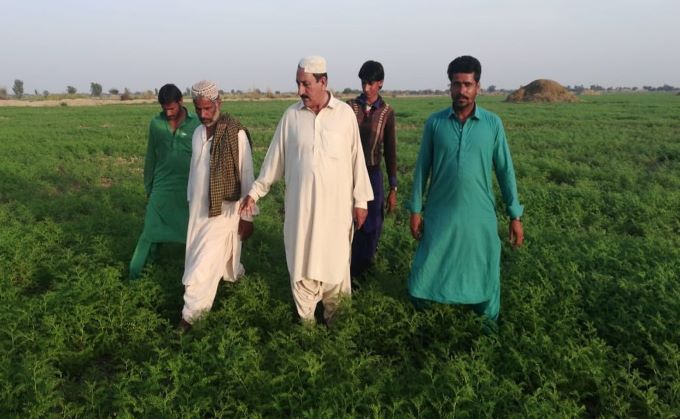
The project aims to address the decline of pulses production in Pakistan by understanding limitations and constraints to pulses production and designing, testing and demonstrating possible improvements, resulting in increased productivity and profitability.
This will be achieved by engaging farm families to undertake farm-based activities based on participatory action research and the application of an inclusive learning approach. The project objectives are as follows:
- Identify agronomic factors limiting the productivity and profitability of lentils, chickpeas and groundnut, and evaluate possible solutions through farmer led research and demonstrations of suitable innovations
- Increase opportunities for farmers to undertake postharvest value addition to chickpea, lentil and groundnut crops.
- Develop and evaluate, in partnership with farmers, site specific village-based seed production and dissemination systems to facilitate access to improved varieties.
- Disseminate the learning and practices from the project activities to farmers, private sector (input suppliers) and potential service providers.
Legacy research
Rhizobium Research
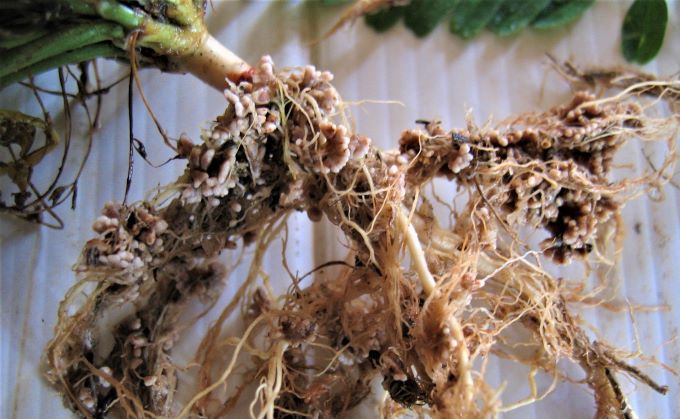 LWR2/1992/010 – Management of legume N2-fixation for rainfed cereal production in Pakistan, Nepal, Vietnam and Australia
LWR2/1992/010 – Management of legume N2-fixation for rainfed cereal production in Pakistan, Nepal, Vietnam and Australia
LWR2/1997/062 – Sustainable grain legume–cereal production systems through management of N2-fixation
Using legumes/pulses rather than mineral fertiliser to supply nitrogen is low-cost, environmentally benign and can provide high returns to farmers and the community. To optimise these benefits, the performance of the Rhizobium bacteria in the root nodules is crucial. ACIAR funded, between 1984 and 2001, 13 projects related to nitrogen-fixation in farming systems. This work involved many countries, including nine years work in Pakistan.
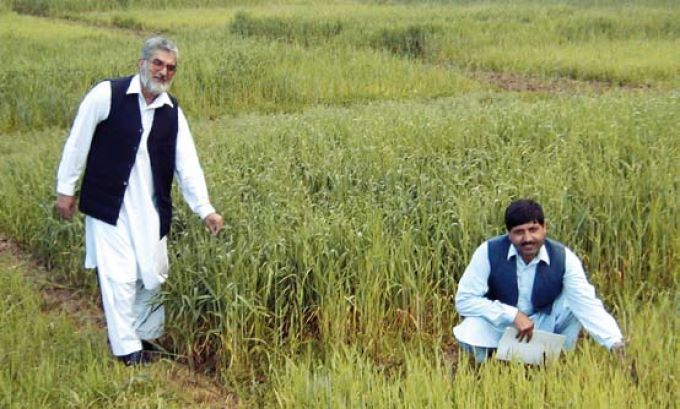 An ACIAR Adoption study in 2006 looked in detail at the work in Pakistan.
An ACIAR Adoption study in 2006 looked in detail at the work in Pakistan.
This noted that the projects had created a significant legacy of high-level expertise. This included quantifying N2-fixation in legume crops and quality assurance of procedures in collaborating laboratory and field programs through training, properly documented protocols and cross checking. Six workshop manuals were produced, along with many scientific publications
In 2006, a review of ACIAR’s broader Rhizobium research noted the ongoing need for such technical skills on the supply side of inoculant production and use, whereas demand was considered to be largely the product of market forces and government policy.

